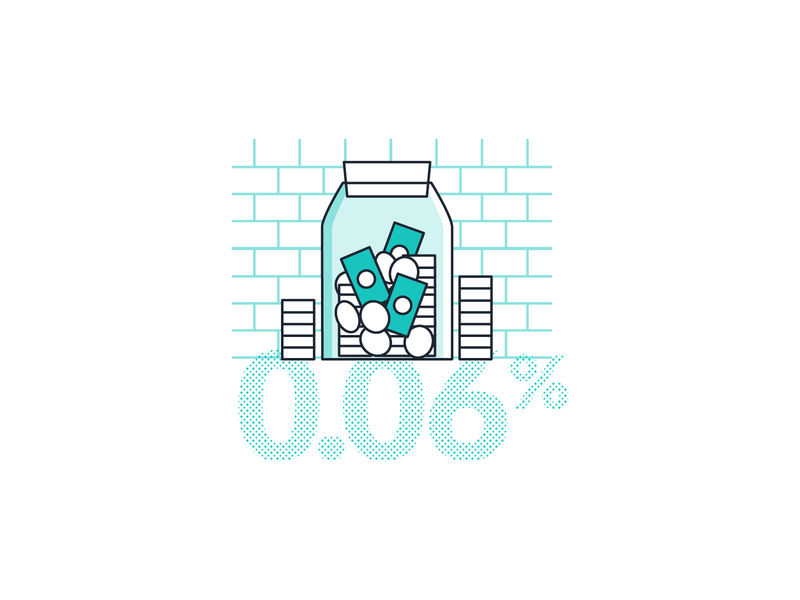Discover The Unforeseen Expenditures And Effects Of Ignoring A Performance Bond, And Comprehend Why It's Necessary To Avoid This Costly Mistake
Discover The Unforeseen Expenditures And Effects Of Ignoring A Performance Bond, And Comprehend Why It's Necessary To Avoid This Costly Mistake
Blog Article
Writer-
When a surety problems a performance bond, it ensures that the principal (the event who buys the bond) will fulfill their responsibilities under the bond's terms. If the principal fails to satisfy these obligations and defaults on the bond, the guaranty is accountable for covering any type of losses or damages that result.
1. Loss of track record: Back-pedaling an efficiency bond can harm the principal's reputation and credibility, making it more challenging to protect future business or financing.
2. Legal and administrative expenses: The guaranty might need to pay lawful and administrative costs connected with seeking the principal for damages or attempting to fix the situation.
3. Economic losses: The guaranty might require to cover the expense of finishing the task or supplying the services that the principal fell short to deliver. This can lead to significant monetary losses for the guaranty.
4. Boosted premiums: If the principal has a background of back-pedaling efficiency bonds, they may be called for to pay greater costs in the future to obtain the essential bonding.
Overall, back-pedaling a performance bond can have major economic effects for both the principal and the guaranty. It is necessary for principals to carefully consider their obligations and ensure they have the ability to satisfy the regards to the bond to prevent these unfavorable end results.
Back-pedaling a performance bond can be an expensive mistake for organizations. When you stop working to fulfill the bond's responsibilities, the monetary effects can be substantial. From paying the full bond amount to possible lawful fights and damaged partnerships, the effects can reverberate throughout your business procedures. Understanding the intricate internet of financial effects that defaulting on an efficiency bond can have is crucial for safeguarding your company's financial health and track record.
Financial Penalties for Defaulting
If you default on a performance bond, you'll likely encounter substantial financial penalties. These charges can differ depending upon the regards to the bond agreement yet frequently entail paying the bond amount in full to the obligee. This means that if you fall short to accomplish your contractual responsibilities, you should pay the bond amount to the project proprietor or the entity that required the bond.
Furthermore, you may additionally be accountable for any additional costs sustained by the obligee due to your default, such as discovering a replacement contractor or covering task delays.
Defaulting on a performance bond can also cause legal costs and court expenses if the obligee chooses to take legal action versus you to recoup the bond amount. These costs can quickly build up, more aggravating the economic impact of your default. It's necessary to very carefully evaluate and recognize the regards to the efficiency bond to avoid these severe financial penalties.
Effect On Business Capital
Defaulting on an efficiency bond can significantly affect your organization cash flow, impacting financial security and operational abilities. When mouse click the following web page on an efficiency bond, you run the risk of shedding the bond amount, which can be a substantial amount. go source , as you'll require to discover alternate resources of funding to cover the bond amount. Additionally, skipping can result in increased examination from guaranties, making it more challenging and much more expensive to protect bonds in the future. This can better strain your capital as you might need to allocate extra sources to meet bonding needs.
The impact on your capital doesn't quit there. Back-pedaling an efficiency bond can also result in job delays or cancellations, causing a loss of earnings. Furthermore, the unfavorable credibility that includes failing can prevent possible clients, better decreasing your capital. Overall, defaulting on a performance bond can have detrimental effects on your business's financial health and capacity to operate smoothly.
Lawful Ramifications and Suits
Dealing with legal ramifications and possible claims because of back-pedaling a performance bond can considerably influence your organization's online reputation and economic standing. When you default on an efficiency bond, the surety firm may take legal action to recoup the bond quantity paid. This could lead to pricey legal fees, court expenditures, and prospective negotiations or judgments versus your company.
Moreover, defaulting on a performance bond may cause harmed connections with customers, subcontractors, and providers, influencing your ability to safeguard future agreements. Suits emerging from bond defaults can tarnish your business's reputation in the market, making it testing to attract new partners or consumers.
Additionally, if the default leads to a court judgment versus your organization, it can cause property seizure or liens, additionally stressing your monetary security. Consequently, it's critical to recognize the lawful effects of defaulting on an efficiency bond and take aggressive actions to minimize the risks involved.
Conclusion
As you encounter the consequences of back-pedaling an efficiency bond, remember this: it resembles strolling a tightrope without a safety net. One wrong move can send you dropping into a monetary freefall, without means to quit the loss.
The financial penalties, capital impact, and legal implications are all waiting to capture you if you blunder. So walk thoroughly, and constantly recognize your commitments to stay clear of the harsh effects of default.
